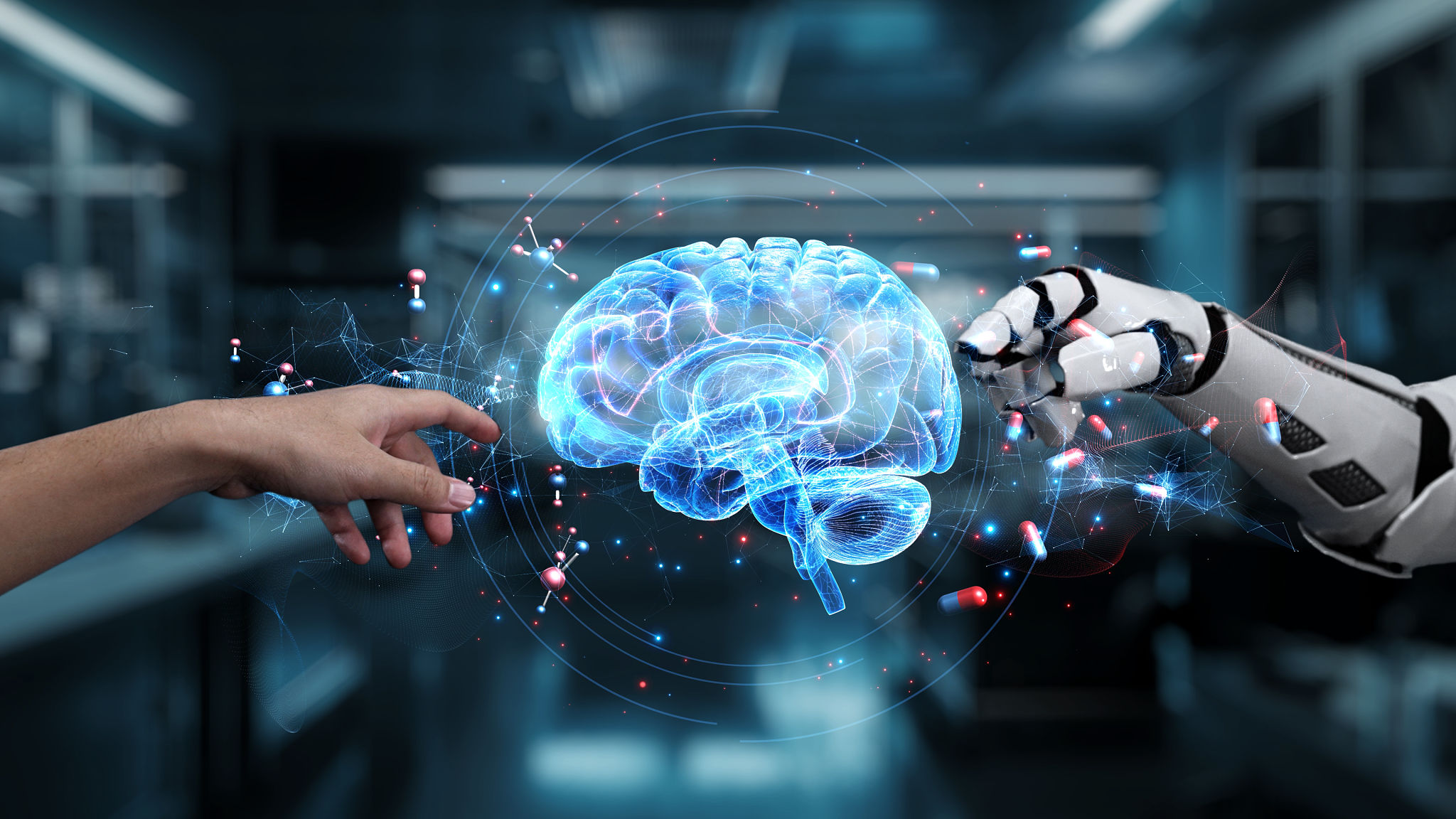AI for Psychologists: Enhancing Patient Care and Research
Introduction to AI in Psychology
The integration of Artificial Intelligence (AI) into the field of psychology is opening up new avenues for enhancing patient care and advancing research methodologies. As technology continues to evolve, psychologists are finding innovative ways to leverage AI tools to improve outcomes and streamline processes. This blog post explores how AI is revolutionizing the practice of psychology and its potential to transform patient care and research.
AI-Powered Diagnostic Tools
One of the most promising applications of AI in psychology is in the realm of diagnostics. AI algorithms can analyze vast amounts of data quickly and accurately, assisting psychologists in identifying patterns and symptoms that might be missed by the human eye. This capability is particularly beneficial in diagnosing mental health conditions, where early detection can significantly impact treatment outcomes. AI tools can analyze patient data from electronic health records, social media activity, and even voice patterns to provide comprehensive insights.

Enhancing Therapy with AI
AI is also playing a pivotal role in enhancing therapeutic practices. Virtual therapists and chatbots, powered by advanced machine learning algorithms, are being used to provide immediate support to patients. These AI-driven platforms can offer initial assessments, cognitive behavioral therapy exercises, and mindfulness practices, ensuring that patients receive timely interventions. While not a replacement for human therapists, these tools can supplement traditional therapy, offering support outside of regular sessions.
Moreover, AI can assist therapists by tracking patient progress through data analytics. By monitoring changes in mood, behavior, and engagement over time, therapists can tailor treatment plans more effectively to meet individual patient needs. This data-driven approach enhances the personalization of care, potentially leading to better outcomes for patients.

AI in Psychological Research
The impact of AI on psychological research is equally transformative. Researchers can harness AI to analyze large datasets more efficiently, uncovering trends and correlations that may have gone unnoticed. This capability accelerates the research process, enabling psychologists to draw conclusions and publish findings more rapidly. AI's ability to process natural language also allows for the analysis of qualitative data, such as interview transcripts or open-ended survey responses, broadening the scope of research methodologies.
In addition, AI facilitates more robust experimental designs through simulations and predictive modeling. Researchers can use AI to test hypotheses and predict outcomes in a virtual environment before conducting real-world experiments, saving time and resources.

Ethical Considerations
While the benefits of AI in psychology are significant, it is essential to address ethical considerations. The use of AI raises questions about privacy, consent, and bias in data interpretation. Psychologists must ensure that AI tools are used responsibly and transparently, maintaining patient confidentiality and adhering to ethical guidelines.
Continuous evaluation and oversight are crucial to prevent unintended consequences and to maintain trust in AI applications in psychology. Collaboration between technologists and psychologists is vital to developing ethical frameworks that guide the integration of AI into practice.
Conclusion: The Future of AI in Psychology
The future of AI in psychology holds immense potential. As technology advances, it will continue to offer innovative solutions for enhancing patient care and advancing research. By embracing these tools responsibly, psychologists can improve their practice, delivering more personalized and effective care while expanding the frontiers of psychological research.
Ultimately, the collaboration between human expertise and artificial intelligence promises a new era of psychological practice that is more efficient, inclusive, and impactful. As we look to the future, it is clear that AI will play an integral role in shaping the landscape of psychology for years to come.
